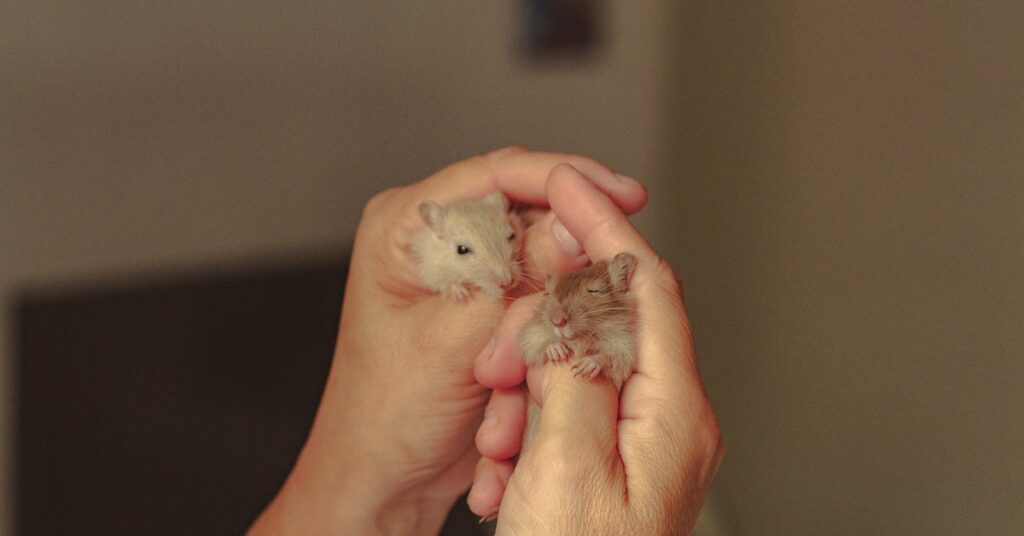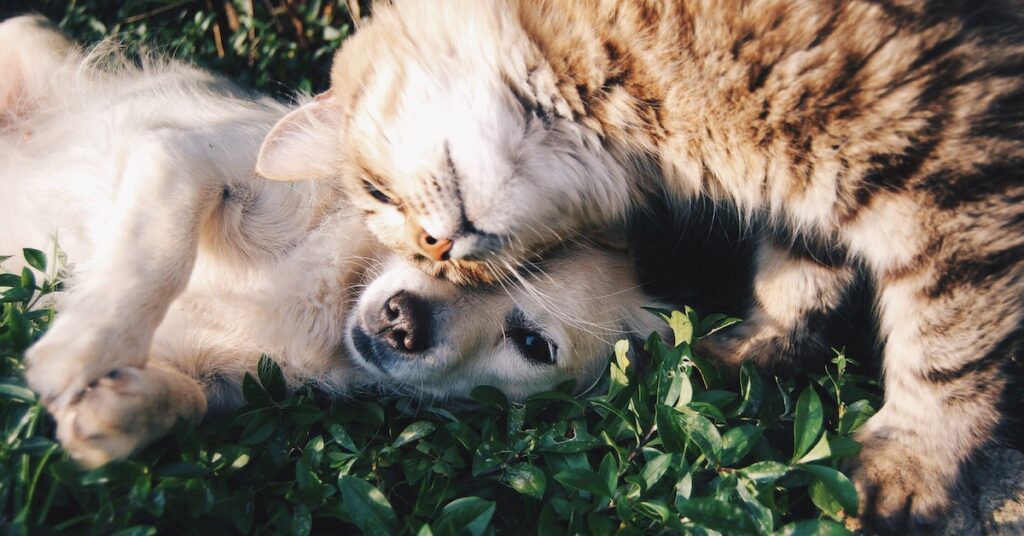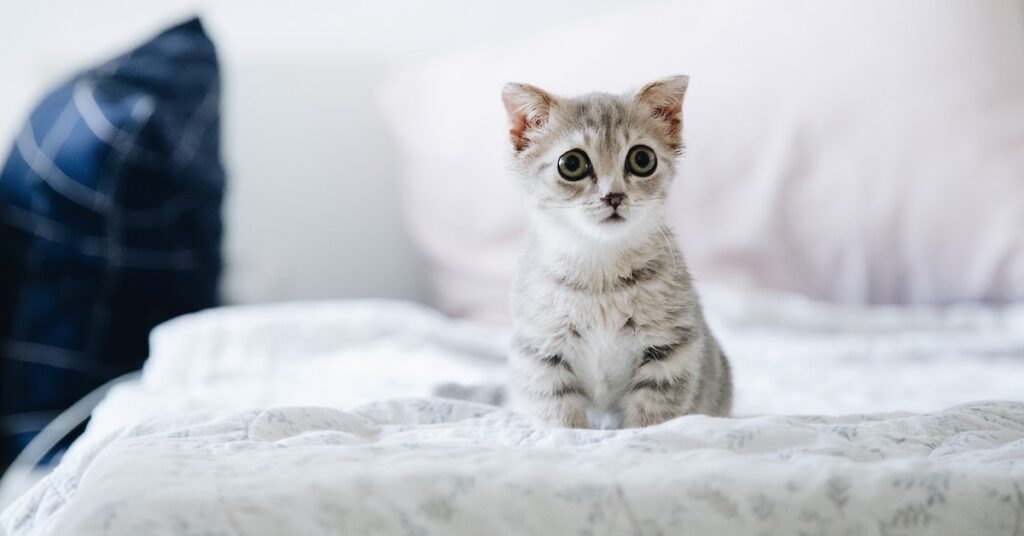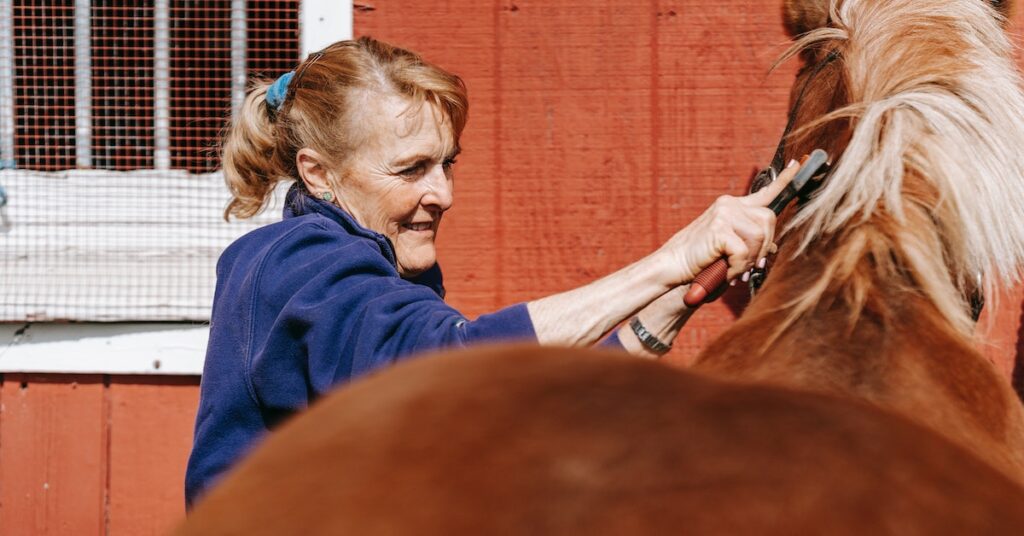Hamsters often yawn or sleep in their wheel because they are comfortable there. This is not a sign that they are tired or bored with you, but rather they are in the rapid eye movement (REM) phase of sleep. You should also notice that they will sometimes wake up during the day.
Yawning hamsters aren’t bored or sick of your company
If your hamster is yawning, it doesn’t mean that it’s bored or tired of your company. These small creatures have a nocturnal lifestyle, meaning that they can only interact with humans at night. This makes it difficult to interact with them during the day, which makes them confused.
When hamsters yawn, they’re usually relaxed and stretched. They may also freeze in place for a few minutes. This may be caused by fear, surprise, or something else that captures their attention. They may also stand up on their hind legs to hear better.
They feel safe in their wheel
Hamsters have a natural fear of predators, and a wheel in their cage helps them feel safe and secure. The wheel provides them with plenty of exercise, and a hamster can run in it and out to keep itself busy. It also gives them an illusion of being outside in the wild, where they can escape and feel safe.
Hamster wheels come in different shapes and sizes. Choose one with a solid surface that won’t injure your hamster’s feet. Avoid wheels with rungs, small holes, or gaps, which may cause your hamster to fall while running. You should also look for one that is made of durable materials, as hamster wheels are a one-time investment.
They sleep in the rapid eye movement (REM) phase of sleep
Many studies have shown that hamsters are similar to humans in that they spend approximately one-fourth of their sleep time in the rapid eye movement phase. This phase of sleep has been linked to dreaming. In hamsters, rapid eye movements are associated with a twitching of the eye or paws, indicating dreaming.
The role of sleep in memory has received much attention in recent years. Some studies have suggested that sleep deprivation impairs memory performance, depending on the task or test. However, studies have not examined how the age of hamsters influences their sleep. This is due to the different ways that these animals organize their sleep. For example, hamsters who have been entrained to the 14:10 cycle of light and dark spend most of their sleep time in the dark phase, while their periods of light sleep are much shorter.
They may wake up during the day
When your hamster wakes up during the day, it could be an indication that they are sick or hurt. It may also just be a lazy hamster who is feeling under the weather. Unresponsive hamsters may also nip or bite people. They may also be distrustful of you or other hamsters. It’s important to check with your veterinarian if you see these behaviors.
To prevent this from happening, keep your hamster in a quiet room. You should avoid exposing it to direct sunlight. The temperature in your home should not be too cold or too warm. In addition, you shouldn’t let them sleep in a dark room, as they may hibernate if they are too cold.
They sleep in the dark
Hamsters are nocturnal animals, and they spend most of their day sleeping or dozing. They also feed and exercise in the darkness. The darkness helps them to be alert and active. So, it is important to turn out the lights when your hamster is in their wheel at night.
If you’re unsure why your hamster is sleeping in its wheel at night, you should check out its cage. They need darkness and privacy to sleep. The bright light coming from a window or transparent floor can disturb them.
They can be awoken by loud noises
If you have a hamster, you should be aware that loud noises can wake them up. This is because hamsters don’t have good eyesight and rely on their heightened sense of hearing and smell to navigate their surroundings and identify predators. If the noises are too loud for your hamster, he or she may freeze in place. He or she may also try to blend into his or her surroundings and wait for the threat to move on.
It’s best to handle your hamster with empathy. Hamsters are not accustomed to being handled by humans, and loud noises may startle them. You should always speak to your hamster before touching it, and never try to wake up a sleeping hamster. If you are unsure of what to do, ask for help from an adult.








